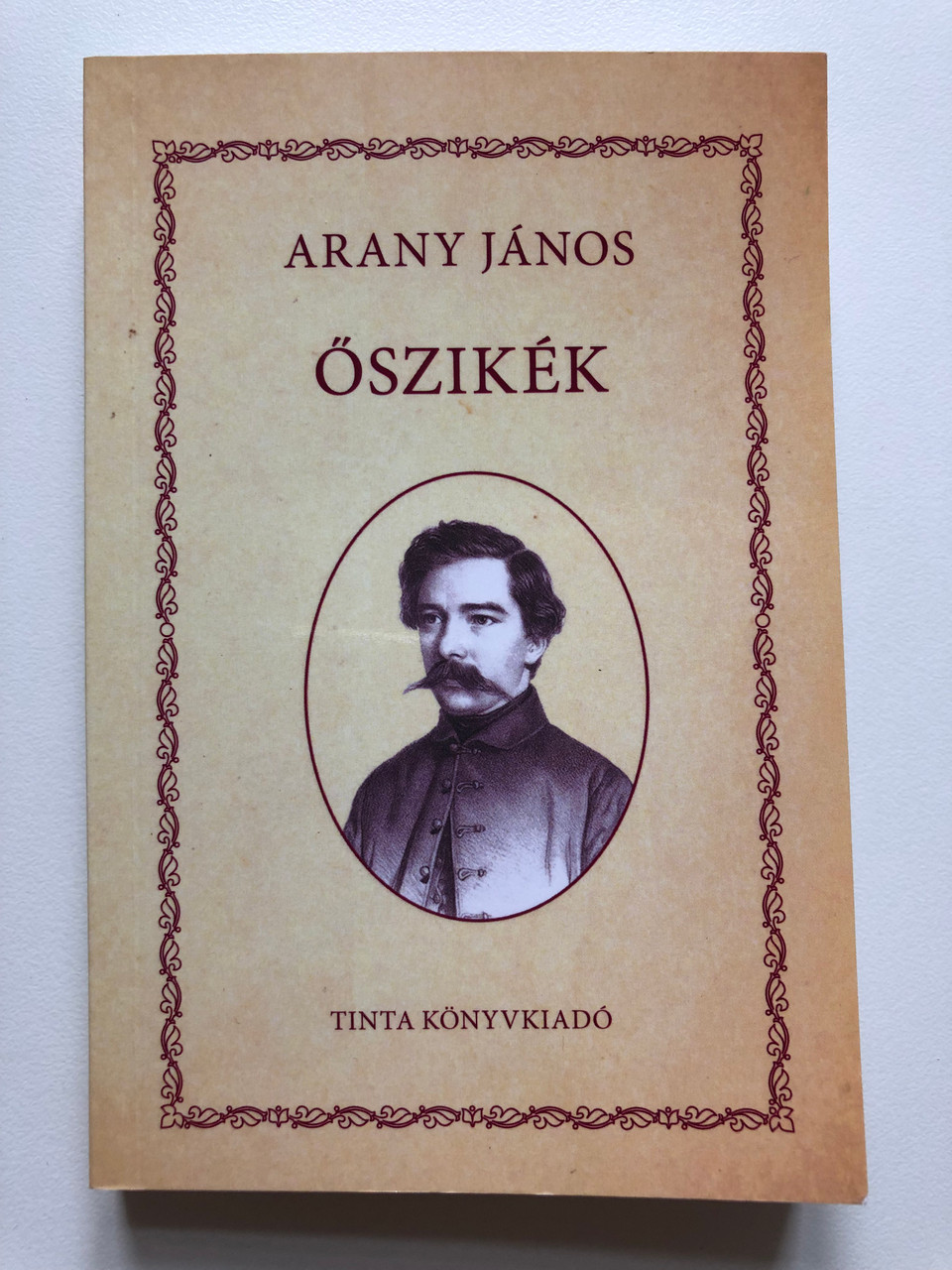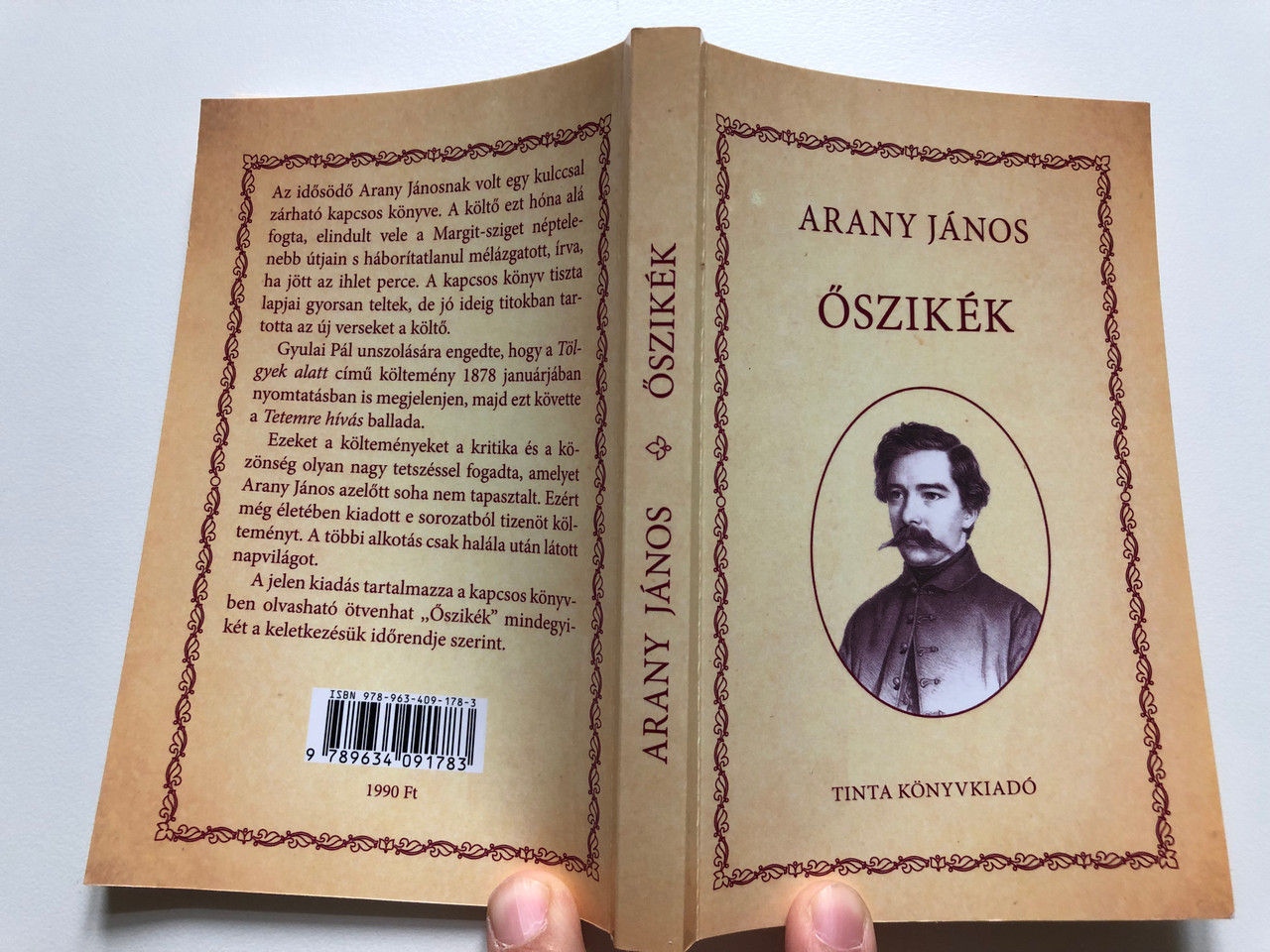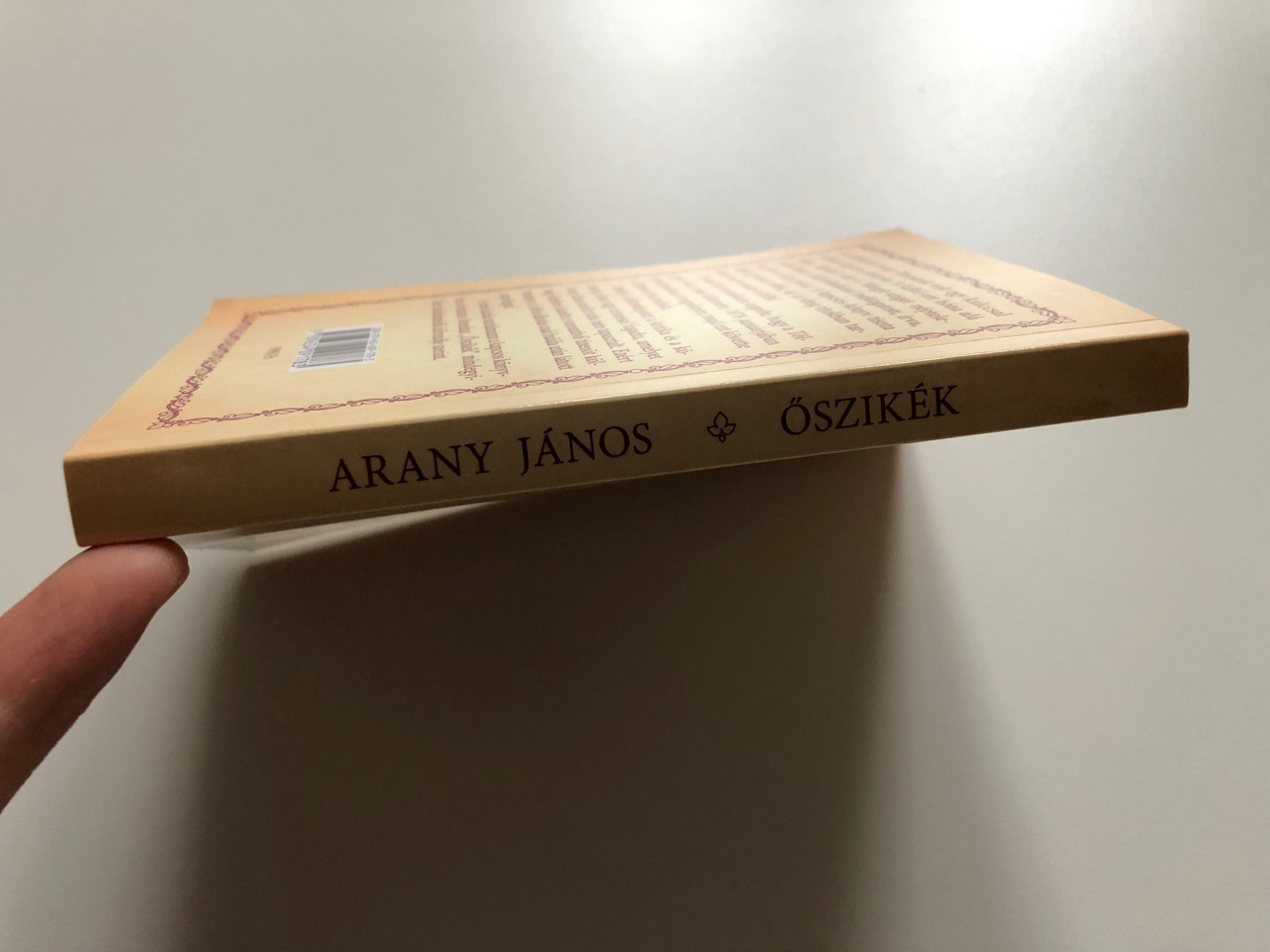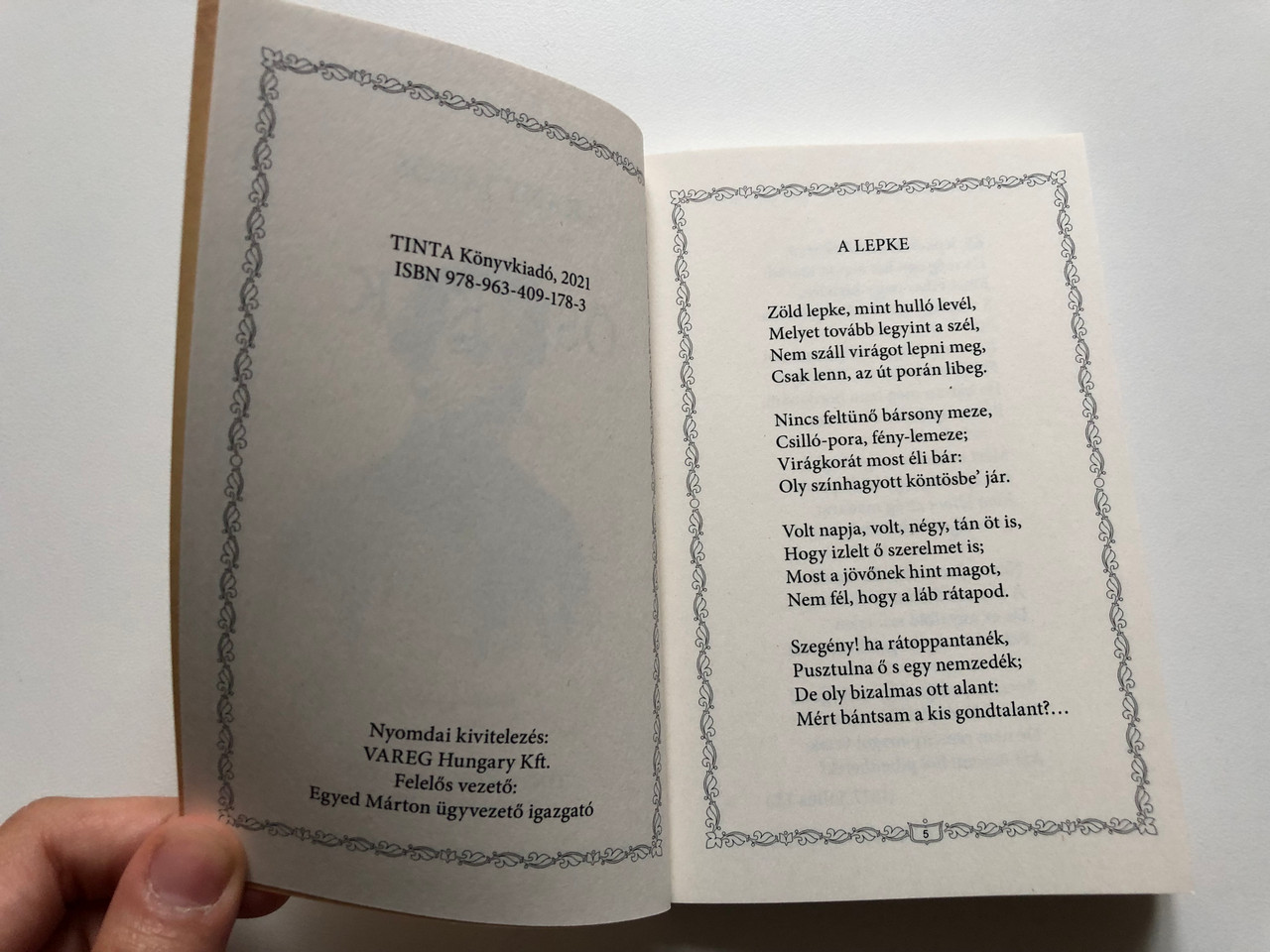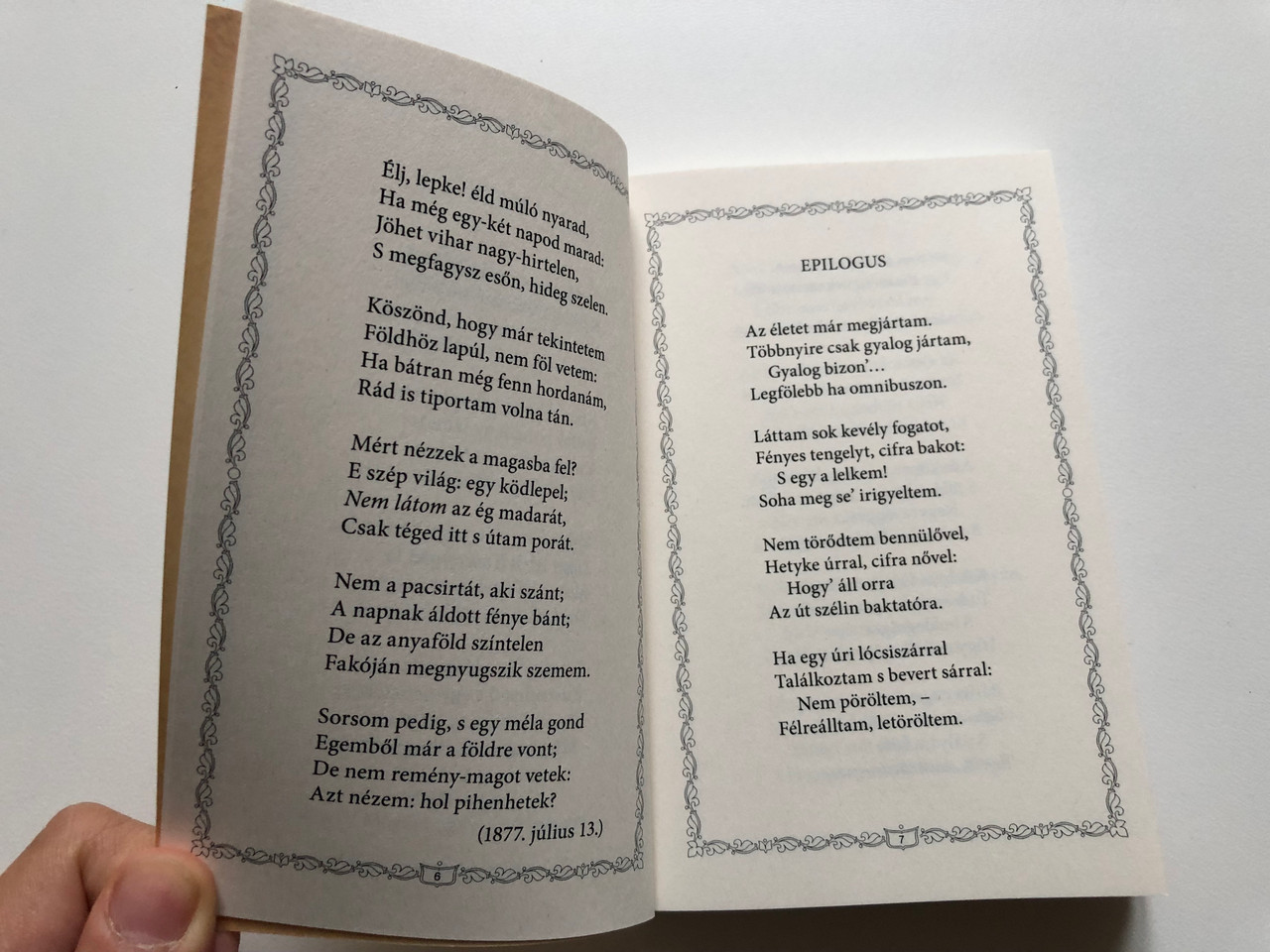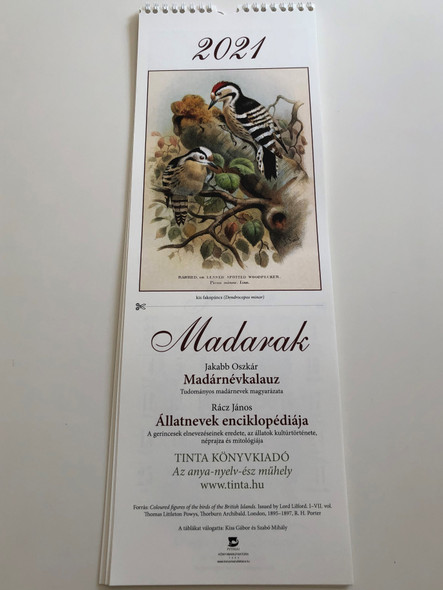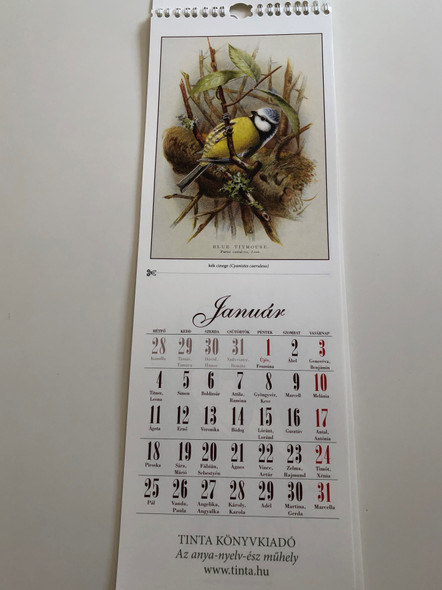Description
ARANY (RATIO) by JÁNOS ŐSZIKÉK / TINTA KÖNYVKIADÓ BUDAPEST, 2021 / Printing execution: VAREG Hungary Kft. / Felelős vezető: Egyed Márton ügyvezető igazgató
UPC: 9789634091783
- Language: Hungarian
- Page number: 162
- Binding type: paperback
- Format: A/6
- ISBN: 9789634091783 / 978-9634091783
- Weight: 95 g/pc
English Description:
The aging János Arany had a stapled book that could be closed with a key. The poet took this under his arm, set off with it on the more uninhabited roads of Margit Island and mourned undisturbed, writing when the moment of inspiration came. The blank pages of the stapled book were quickly filled, but the poet kept the new poems secret for a long time.
At the insistence of Pál Gyulai, he allowed the poem "Under the Logs" to be published in January 1878, followed by the ballad Calling the Corpse.
These poems were received by the critics and the public with such great approval that János Arany had never experienced before. That is why he published fifteen poems from this series during his lifetime. The other works were only published after his death.
The present edition contains all fifty-six Őszikes" that can be read in the stapled book, according to the chronological order of their creation.
Hungarian Description:
Az idősödő Arany Jánosnak volt egy kulccsal zárható kapcsos könyve. A költő ezt hóna alá fogta, elindult vele a Margit-sziget néptele- nebb útjain s háborítatlanul mélázgatott, írva, ha jött az ihlet perce. A kapcsos könyv tiszta lapjai gyorsan teltek, de jó ideig titokban tar- totta az új verseket a költő.
Gyulai Pál unszolására engedte, hogy a Tol- gyek alatt című költemény 1878 januárjában nyomtatásban is megjelenjen, majd ezt követte a Tetemre hívás ballada.
Ezeket a költeményeket a kritika és a kö- zönség olyan nagy tetszéssel fogadta, amelyet Arany János azelőtt soha nem tapasztalt. Ezért még életében kiadott e sorozatból tizenöt köl- teményt. A többi alkotás csak halála után látott napvilágot.
A jelen kiadás tartalmazza a kapcsos könyv- ben olvasható ötvenhat Őszikék" mindegyi- két a keletkezésük időrendje szerint.




























